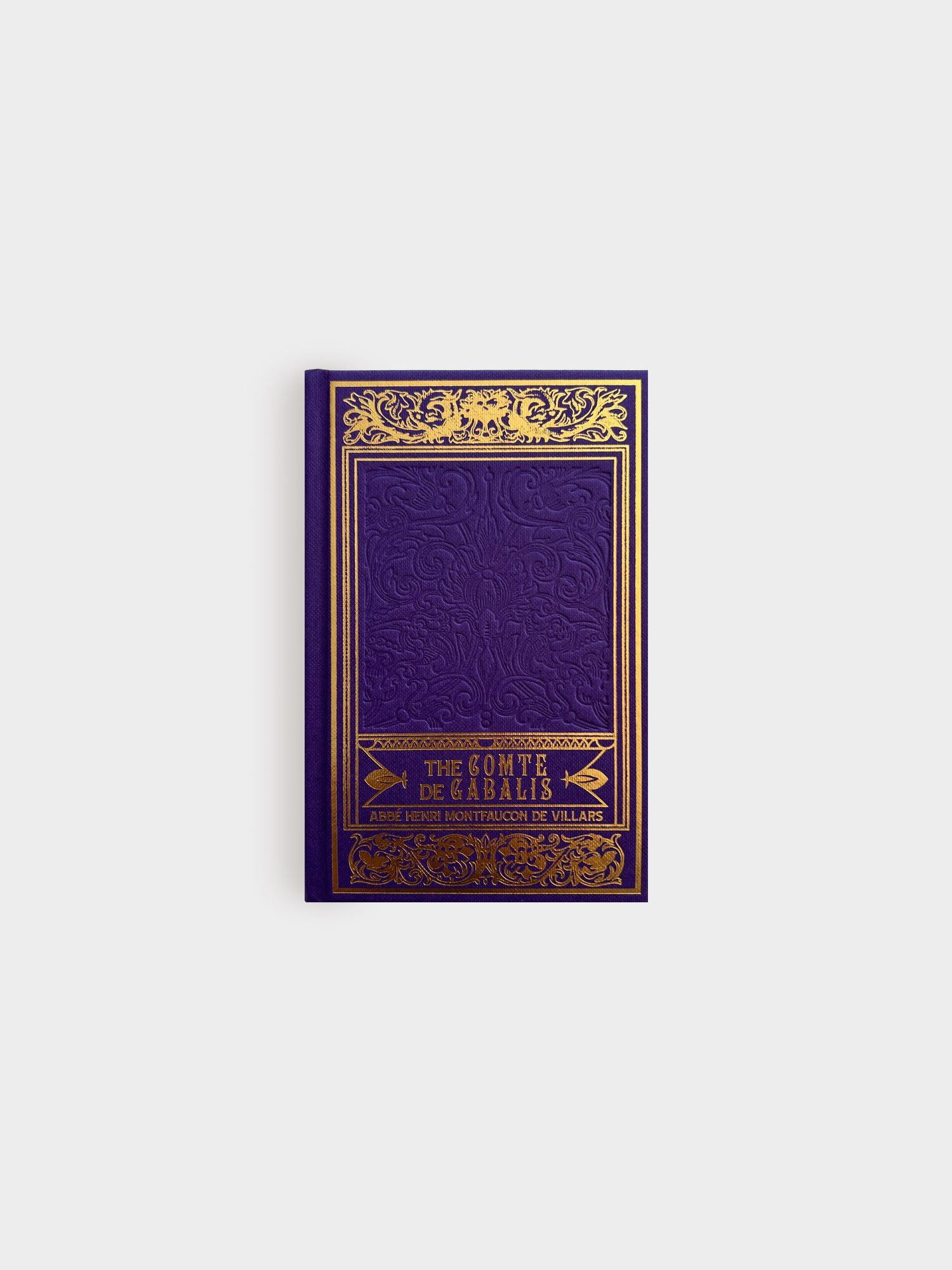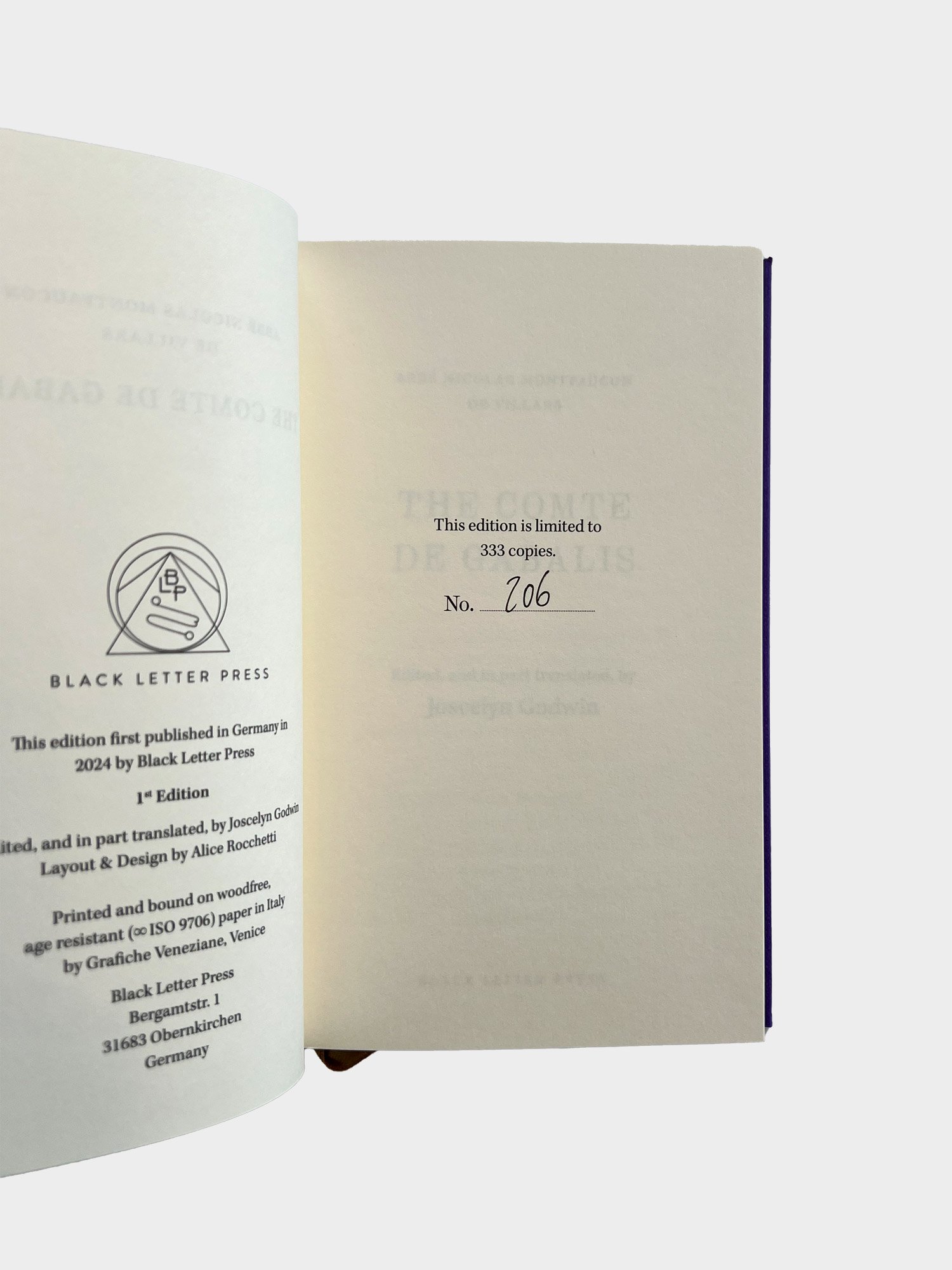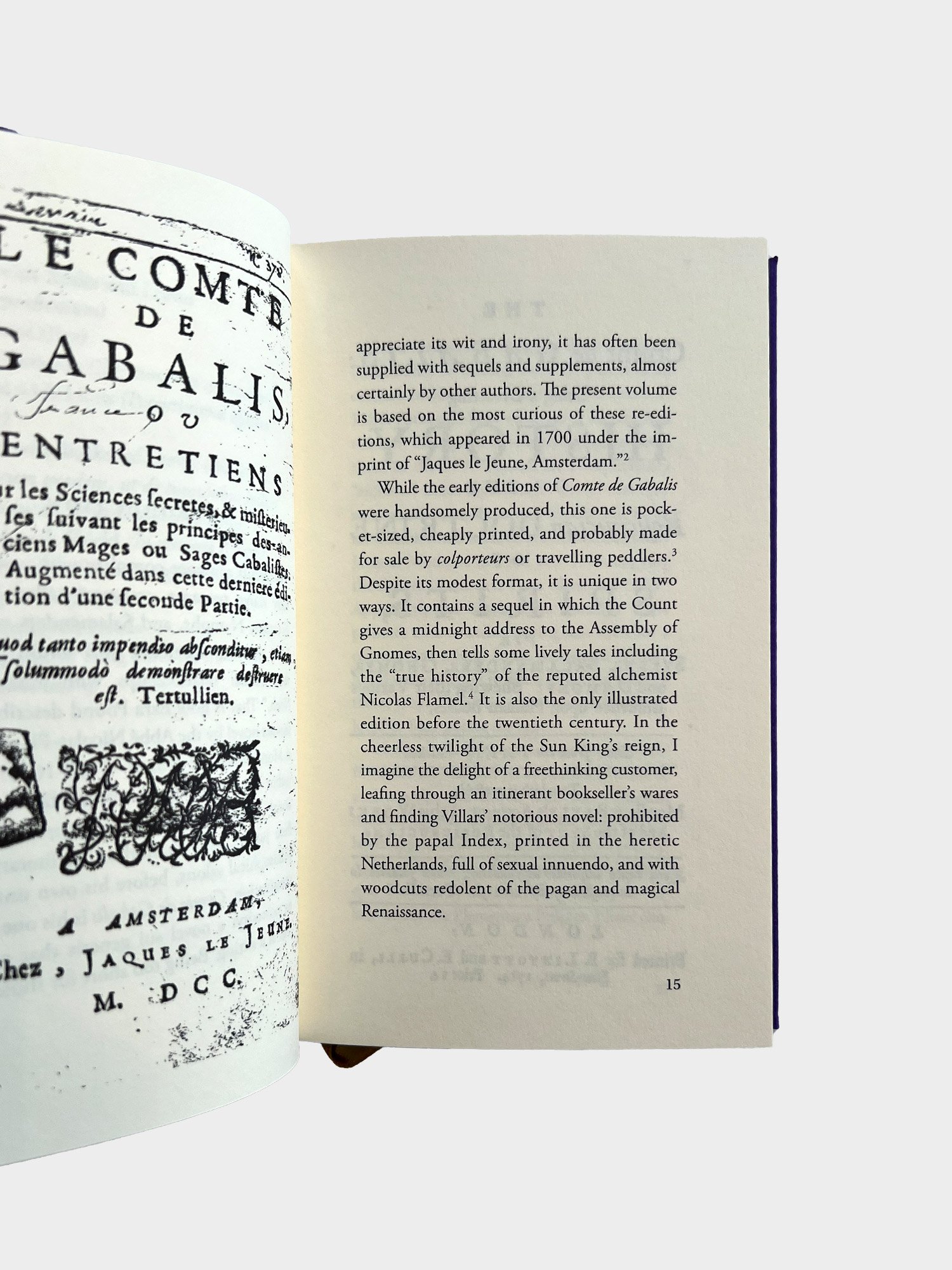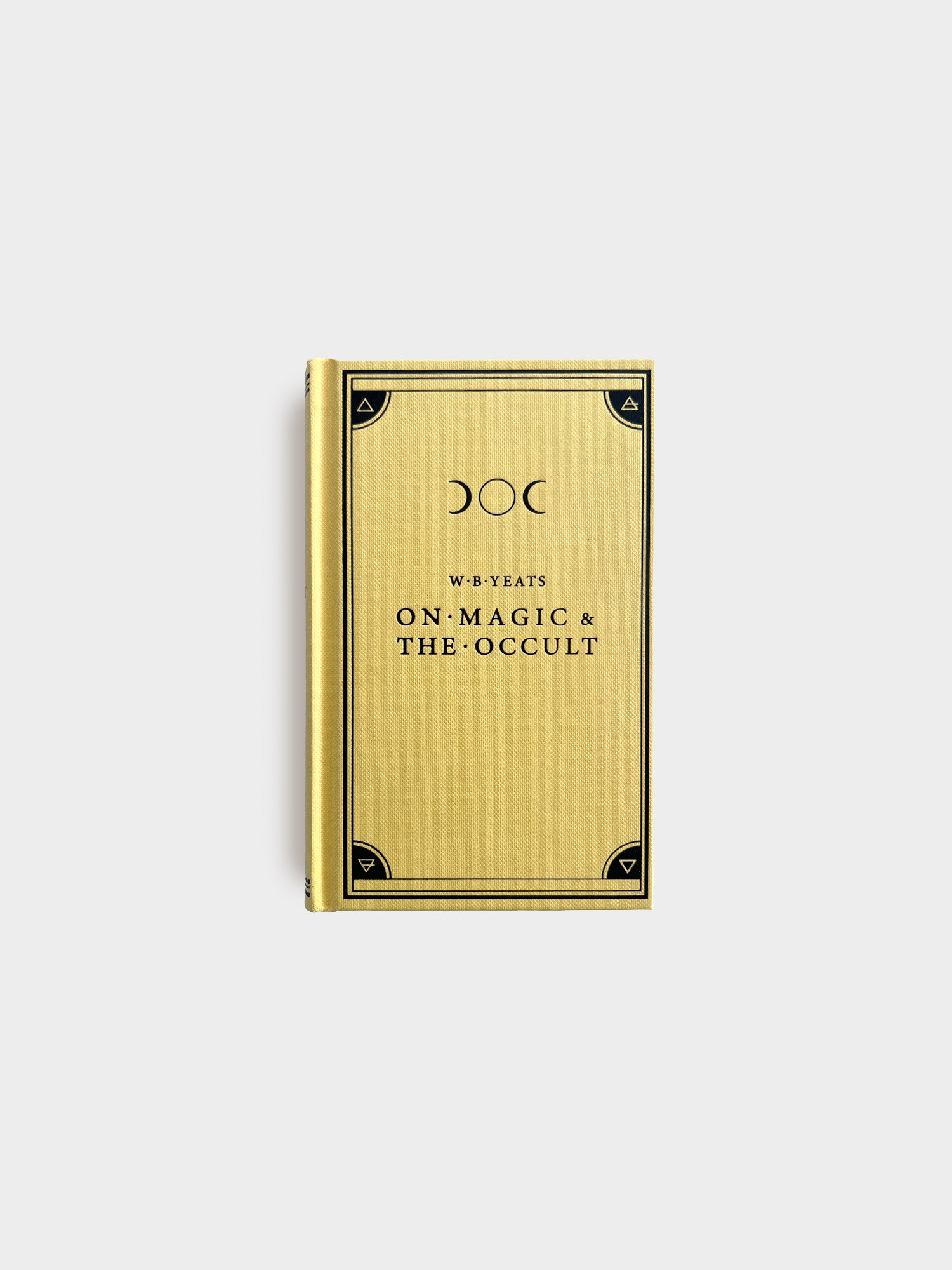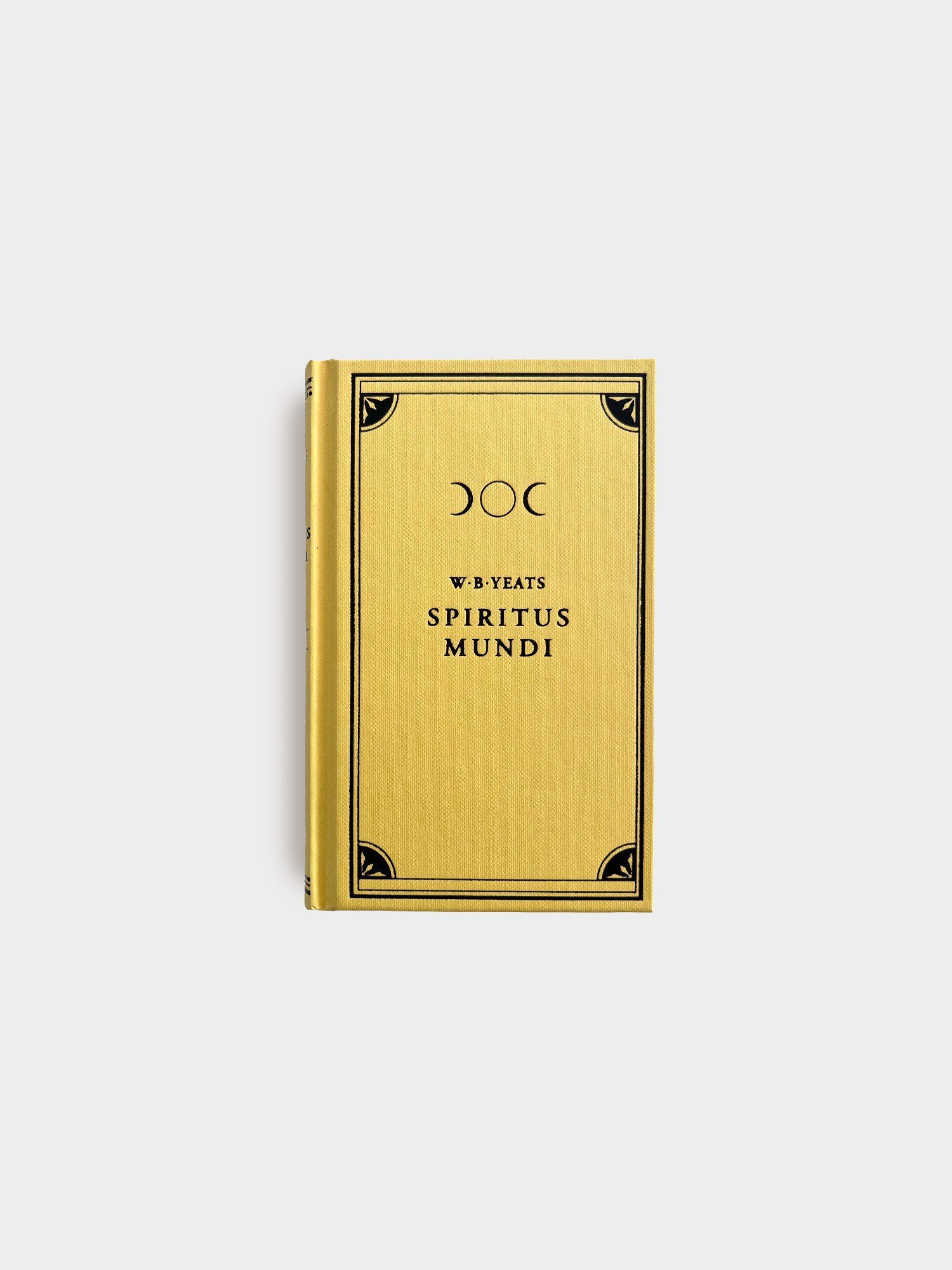-
Black Letter Press
Hardcover bound in Purple Fedrigoni Imitlin. Measures 100x160 mm. 120 gram black Endpapers. Printed on 115 g wood free, age resistant Munken Premium Cream paper. Sewn book block. Ribbon marker and Headbands. Gilded on the front.
1st edition - Limited to hand-numbered 333 copies
About the Publisher
Black Letter Press is a small independent publisher located close to Hannover in Northern Germany, founded by Alice and Claudio Rocchetti in 2018 in Turin, with the publication of Giambattista della Porta's Natural Magick.
BLP specializes in the revival of rare and antique books on a broad range of topics, including the sciences and history of science, poetry, occult philosophy, art, curious and unusual literature, and more.
Our mission is to do these historical texts justice, publishing books that are fine and beautiful, yet remaining affordable and accessible.
Description
The 1700 edition was also the only illustrated one, but that is the oddest thing of all. The figures are printed from actual woodblocks of Alciato's Emblemata dating from the 1540s (almost identical to those of the Black Letter Press’s 1534 edition). Someone must have discovered them and had the idea of adapting the text to refer to them, then cleverly integrating them into Flamel’s history.
To preserve the atmosphere of the original, the present volume reproduces a sprightly English translation of 1714, which exploited Alexander Pope’s use of Villars’ theme in The Rape of the Lock.
The editor, Joscelyn Godwin, writes an Introduction and translates the supplements in a compatible style.
Joscelyn Godwin (born 1945) is the author, editor, and translator of many works in the fields of Western Esotericism and Speculative Music. For many years he taught at Colgate University in New York State. He is also a composer, musicologist, and translator, known for his work on ancient music, paganism, and music in the occult.


